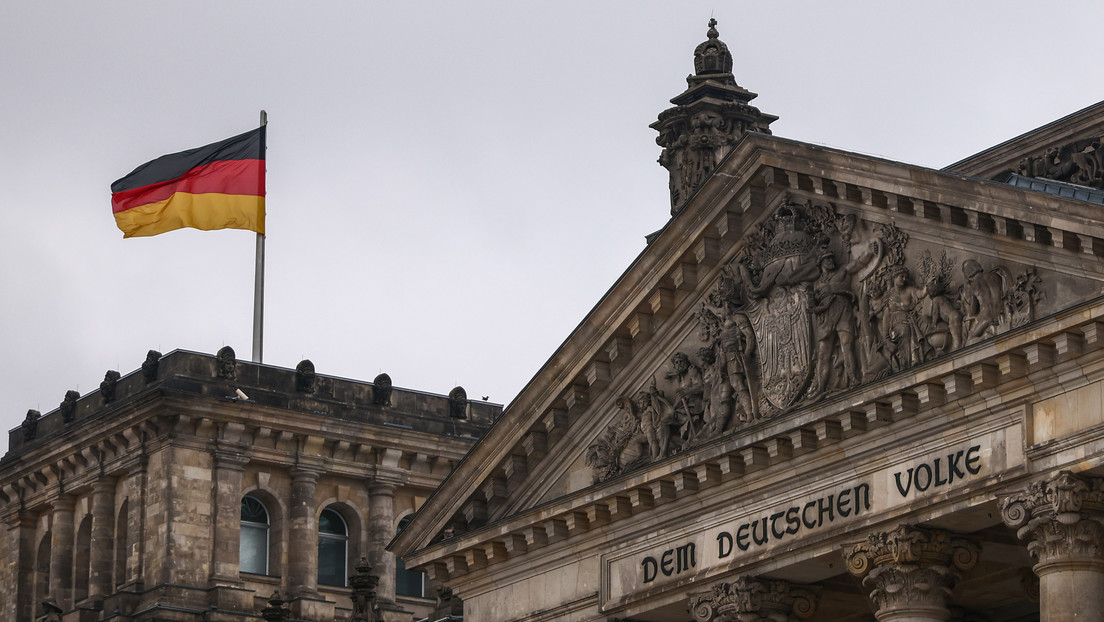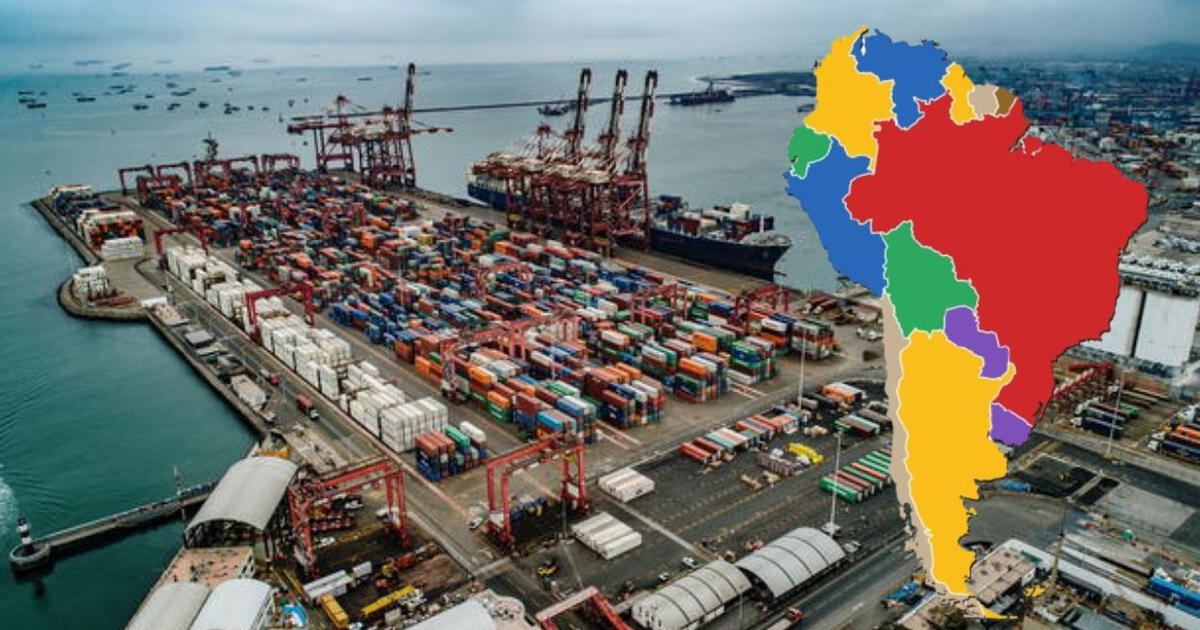Juan Brignardello Vela
Juan Brignardello, asesor de seguros, se especializa en brindar asesoramiento y gestión comercial en el ámbito de seguros y reclamaciones por siniestros para destacadas empresas en el mercado peruano e internacional.




In El Salvador, President Nayib Bukele's fight against gangs has led to a notable decrease in violence and crime, allowing many citizens to enjoy a safer life. However, despite these advances in security, the country's economy continues to struggle to take off. Farmers in the Bálsamo mountain range, who should benefit from a 75% increase in the global coffee price, face a discouraging reality. Despite the reduction in extortion and violence, economic growth in El Salvador has been slower than in its neighboring countries, raising doubts about the sustainability of the policies implemented by the government. The economic landscape of El Salvador is complex. While the reduction of the homicide rate by 96% has led to a boom in sectors such as tourism and construction, the economy as a whole remains fragile. Inadequate infrastructure, a subpar education system, and below-average investment levels have hindered growth. These conditions have led experts to point out that despite progress in security, the country has not managed to reap the desired economic benefits. Mauricio Choussy, former president of the Central Bank of El Salvador, highlights that Bukele's government faces serious difficulties in the economic realm. Despite efforts to attract investment and improve the credit rating, El Salvador's GDP growth has been lower than that of its neighbors. Promises of prosperity through infrastructure projects such as a new airport and port improvements have yet to translate into a significant increase in economic activity. An important factor influencing the Salvadoran economy is households' dependence on remittances sent from the United States. Changes in immigration policy under the Trump administration could have devastating effects on consumption and economic stability in El Salvador, as a large portion of the population relies on this income. This presents a dilemma for Bukele, who seeks to establish a close relationship with the new U.S. president while facing the challenge of ensuring that his administration does not worsen the economic situation. In the municipality of Tepecoyo, just a few kilometers from the capital, the reality for many workers is telling. With salaries barely exceeding $200 a month and precarious living conditions, economic progress seems a distant dream. The lack of access to basic services and financing exacerbates the situation, leaving many trapped in an endless cycle of poverty. Despair is reflected in the daily lives of the residents, many of whom struggle simply to survive. The agricultural sector, which should be a fundamental pillar for economic development, faces additional challenges. Although Salvadoran coffee is valued for its quality, adverse weather has affected harvests, further limiting farmers' income. Despite improvements in security, the lack of investment in rural infrastructure keeps many in misery, unable to capitalize on the potential of their land. Meanwhile, the boom in tourism and the real estate market reflects a transformation in the perception of security in the country. Salvadorans who have emigrated for years are beginning to return, drawn by the possibility of building a future in a safer environment. However, improvements in these sectors do not automatically translate into benefits for everyone. Many residents still feel that the economy is not improving, despite signs of life in other areas. Bukele's popularity, driven by his focus on security and his relationship with political figures in the United States, remains high, but time will tell if these advances can be sustained without real economic growth. The administration faces a significant challenge: to turn security achievements into broader economic expansion. If this is not achieved, the population's frustration could become a factor of instability. The recent investment in cryptocurrencies, particularly in Bitcoin, has sparked both expectations and criticism. The government hopes that the adoption of digital currency will contribute to economic growth, but the results so far have been mixed. As the world continues to evolve towards digitalization, El Salvador finds itself at a crossroads, where the ambition to be a leader in cryptocurrencies must be balanced with the urgent need to address more fundamental economic issues. The future of El Salvador is uncertain. Although the reduction of violence has brought improvements in quality of life for some, the economy remains the Achilles' heel of Bukele's administration. Promises of prosperity must be accompanied by concrete actions that address the needs of the population; otherwise, the country may face new challenges that threaten not only its economic stability but also the peace it has fought so hard to achieve.
Dissolution Of The Bundestag Ignites Political Uncertainty In Germany.

Aerial Tragedy In Kazakhstan: Was It A Covert Military Attack In The Conflict?
Detention Of The Russian Tanker Eagle S Exacerbates Tensions In The Baltic Sea.






